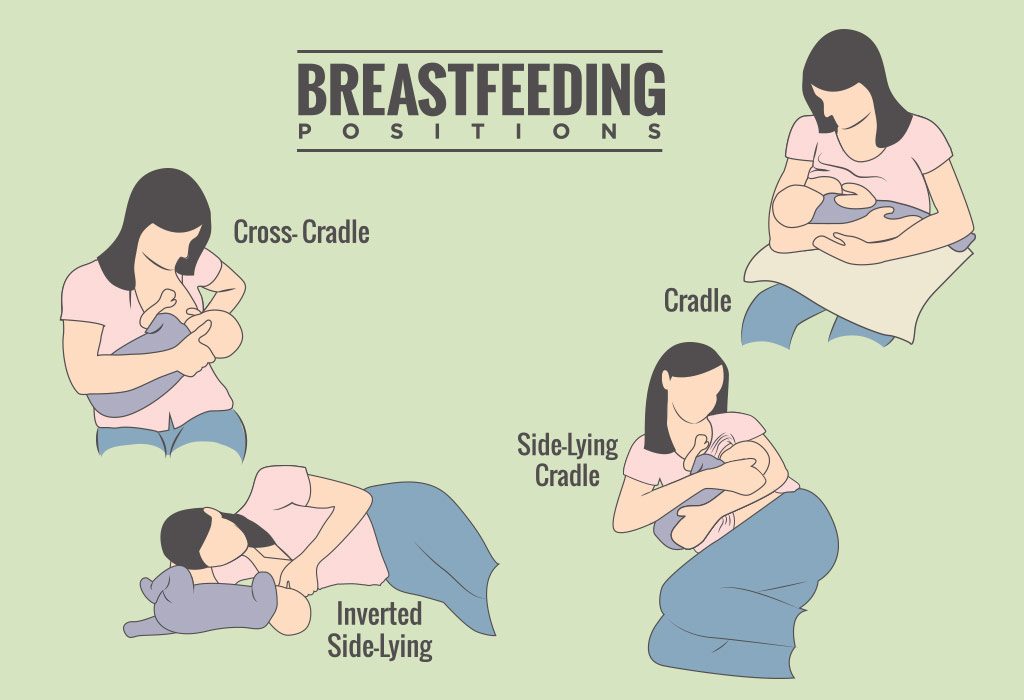Safeguarding Little Lives: The Importance of Vaccination for Babies and Toddlers
Vaccination is a cornerstone of public health, playing a crucial role in protecting individuals and communities from a range of preventable diseases. When it comes to babies and toddlers, vaccinations are especially vital as they help build a robust immune system, providing defense against infections that can be severe or even life-threatening. In this article, we will explore the significance of vaccinations for the youngest members of our society and address common concerns parents may have.
The Immunization Schedule
The immunization schedule for babies and toddlers is a carefully designed plan that outlines when each vaccine should be administered. This schedule is based on extensive research and is continually updated to ensure optimal protection. Vaccines are typically given in multiple doses, spaced out over the first few years of a child’s life, to provide the most effective immunity.
Birth to 2 Months:
- Hepatitis B: Given shortly after birth to protect against a virus that can cause liver disease.
2 Months:
- DTaP (Diphtheria, Tetanus, Pertussis): Guards against three serious diseases.
- Hib (Haemophilus influenzae type b): Protects against bacterial infections.
- IPV (Polio): Shields against poliovirus.
- PCV (Pneumococcal conjugate): Defends against pneumonia and meningitis.
- RV (Rotavirus): Guards against severe diarrhea.
4 Months:
- DTaP, Hib, IPV, PCV, RV (booster doses): Strengthening immunity.
6 Months:
- Hepatitis B (booster dose): Ensuring continued protection.
- DTaP, Hib, IPV, PCV, RV (booster doses): Building long-term immunity.
12-15 Months:
- Hib, MMR (Measles, Mumps, Rubella), PCV, Varicella (Chickenpox): Protects against various infectious diseases.
- Hepatitis A: Shields against a viral liver infection.
18 Months:
- DTaP (booster dose), IPV (booster dose): Reinforcing immunity.
2-3 Years:
- Hepatitis A (booster dose): Ensuring ongoing protection.
The Science Behind Vaccines
Vaccines work by stimulating the immune system to recognize and fight specific pathogens, such as bacteria or viruses. They contain weakened or inactivated forms of these pathogens or pieces of the pathogen, known as antigens. When a vaccine is administered, the immune system responds by producing antibodies—proteins that recognize and neutralize the antigens. This process prepares the immune system to respond rapidly if the person is later exposed to the actual pathogen.
The benefits of vaccines extend beyond individual protection; they contribute to herd immunity. When a significant portion of the population is immune to a disease, either through vaccination or previous infection, it becomes challenging for the disease to spread. This protects those who cannot be vaccinated, such as individuals with certain medical conditions or allergies, and helps prevent outbreaks within communities.
Common Concerns and Misconceptions
Despite the overwhelming evidence supporting the safety and effectiveness of vaccines, concerns and misconceptions persist. Addressing these anxieties is crucial for promoting widespread vaccination and ensuring the well-being of children.
- Vaccine Safety:
- The safety of vaccines is rigorously monitored through extensive clinical trials before approval.
- Serious side effects are exceedingly rare, and the benefits far outweigh the risks.
- Vaccines undergo continuous surveillance for safety once they are on the market.
- Vaccine Ingredients:
- Vaccine ingredients are carefully selected and serve specific purposes, such as preserving the vaccine or enhancing its effectiveness.
- Common ingredients include adjuvants (substances that boost the immune response), preservatives, and stabilizers.
- Autism Concerns:
- Extensive research has found no credible link between vaccines and autism.
- The initial study suggesting a connection has been discredited and retracted.
- Overwhelming the Immune System:
- Vaccines are carefully spaced out to avoid overwhelming the immune system.
- The immune system can handle the antigens in vaccines along with the numerous other challenges it encounters daily.
Benefits of Early Vaccination
- Disease Prevention:
- Vaccines protect against potentially life-threatening diseases, including measles, mumps, rubella, polio, and whooping cough.
- Vaccinated individuals are less likely to spread diseases to vulnerable populations.
- Herd Immunity:
- Vaccination contributes to community immunity, protecting those who cannot receive vaccines.
- Herd immunity is vital for preventing outbreaks and controlling the spread of diseases.
- Cost-Effective:
- Vaccines are a cost-effective public health intervention, preventing medical expenses associated with treating and managing vaccine-preventable diseases.
- Global Health Impact:
- Vaccination programs contribute to global health by reducing the prevalence of infectious diseases worldwide.
Conclusion: Empowering Health and Future Generations
Vaccination is a powerful tool in safeguarding the health and well-being of our youngest community members. By adhering to the recommended immunization schedule, parents and caregivers contribute not only to the individual protection of their children but also to the broader public health effort. Overcoming vaccine hesitancy requires clear communication, education, and the understanding that vaccines are a crucial investment in the health and future of our communities. As we continue to navigate the complex landscape of healthcare, let us embrace the science behind vaccines and work together to ensure a world where every child has the opportunity to grow and thrive, free from preventable diseases.













